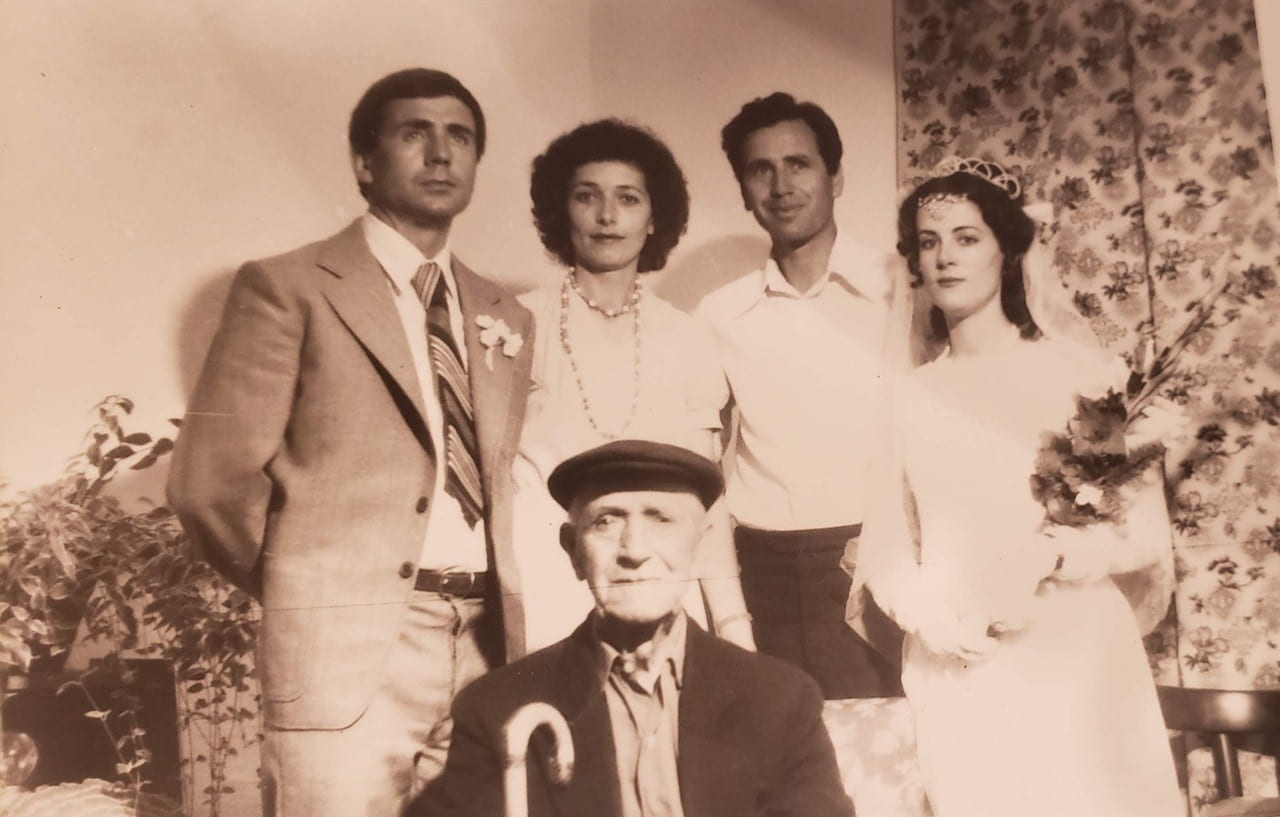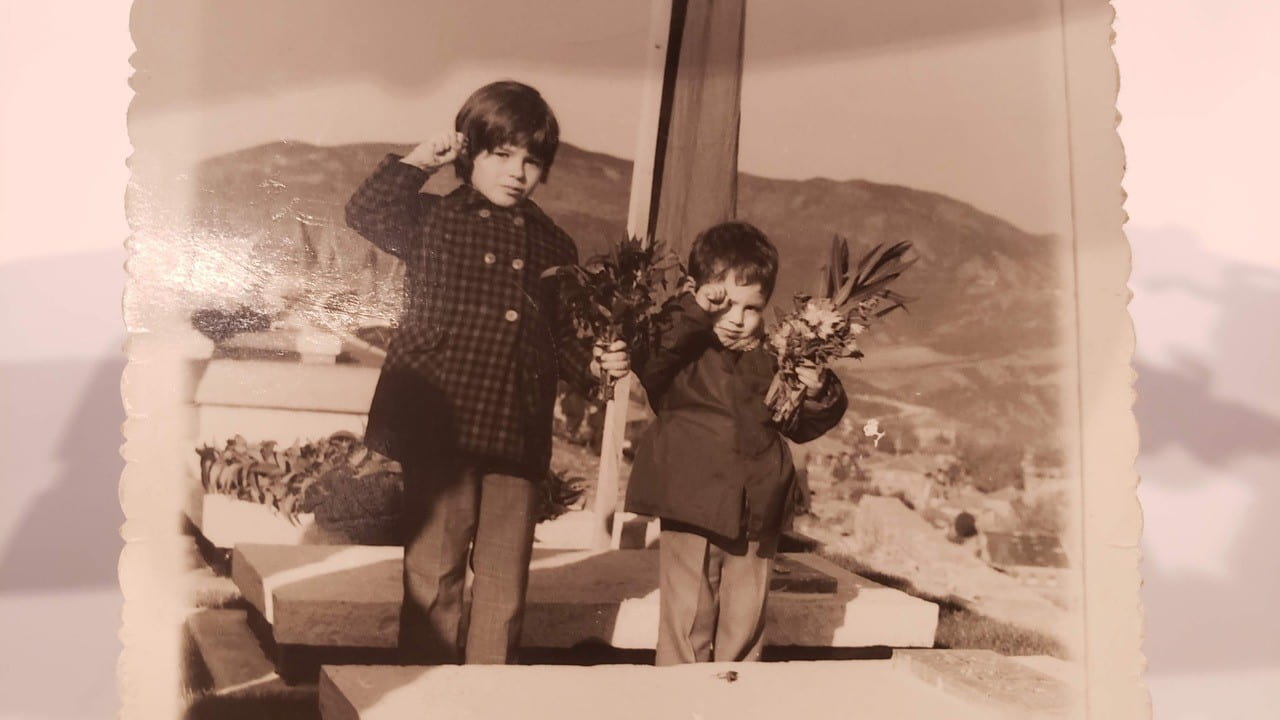

Memories of the Hoxha Regime
Robert Hersh, Lecturer/Instructor, DIGS
2018-2019
Project Description
In his 1981 novel, The Palace of Dreams, the great Albanian novelist, Ismail Kadare, creates a state bureaucracy in an unnamed empire so powerful and intrusive that it can collect and interpret the nighttime dreams of its subjects. The Palace exerts control on the unconscious desires and impulses coursing through the empire by transforming dreams into repressive political decrees. The book is a meditation on Enver Hoxha’s authoritarian regime in Albania, where people, during the nearly fifty years of communist rule from 1945 to 1991, could be imprisoned for criticizing Hoxha in private diaries, or sent to labor camps on spurious, unsubstantiated allegations. Kadare’s insight into how memory can be instrumentalized politically was the point of departure for my research as a Global Lab Fellow.
During my fellowship, I interviewed ten Albanians who immigrated to Worcester. They came of age during the final years of the regime or in its immediate aftermath when the country was shaken by a series of economic crises and corruption scandals that led to the brink of civil war. For them, the communist regime did not recede into the past; its history had become encoded in brutal party politics and embodied in their emigration journeys. What was it like, I wondered, to break away from the familiar, to escape or evade such a history? How might it be a journey in search of imaginative freedom, a redress of personal memory against the clutches of Kadare’s dream appropriators?
I have used selections from the interview recordings to help prepare students going to Albania for their IQP. Many of the interview subjects were the students’ age when they left Albania, and the stories resonant strongly with them. I am very grateful to the people I interviewed for their candor and generosity, and I in the next step in our collaboration plan transforming the stories into a theatrical performance.
